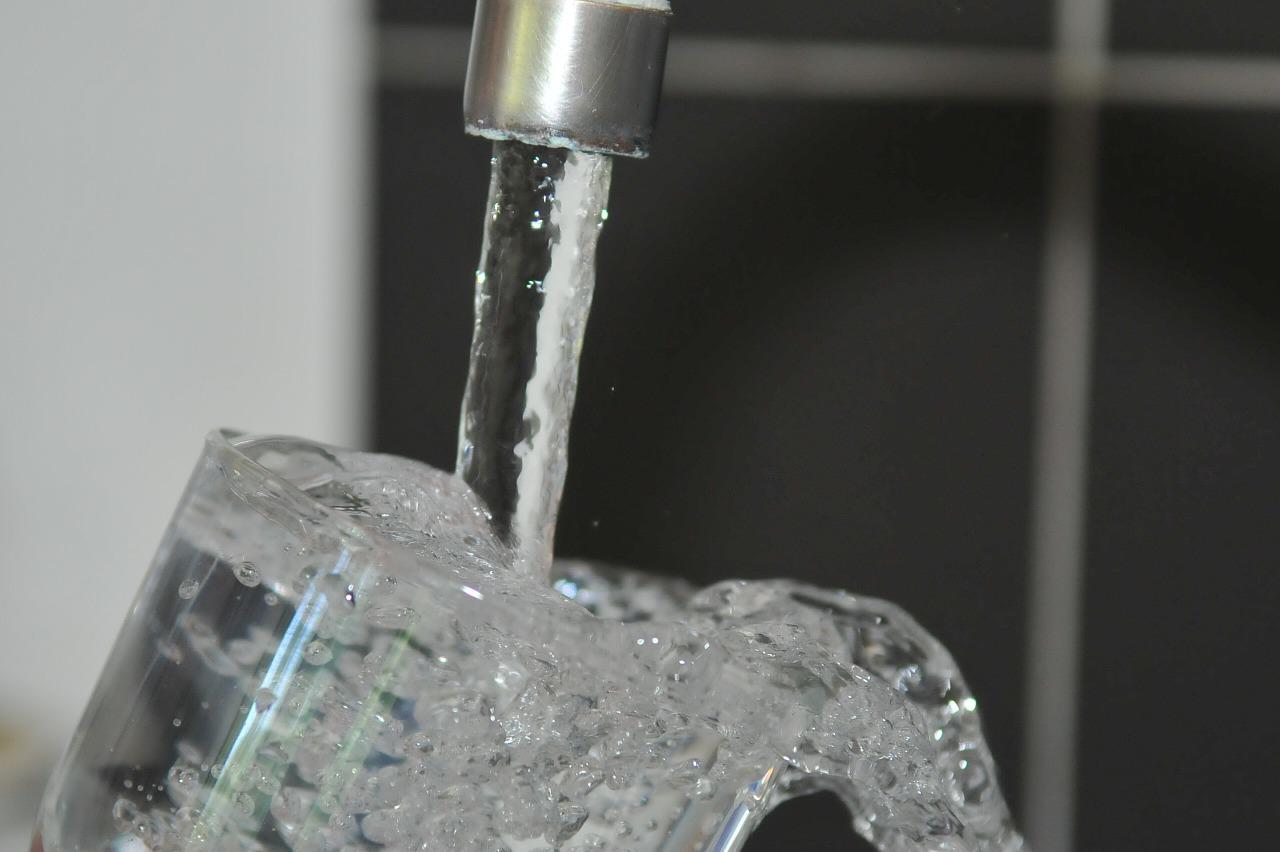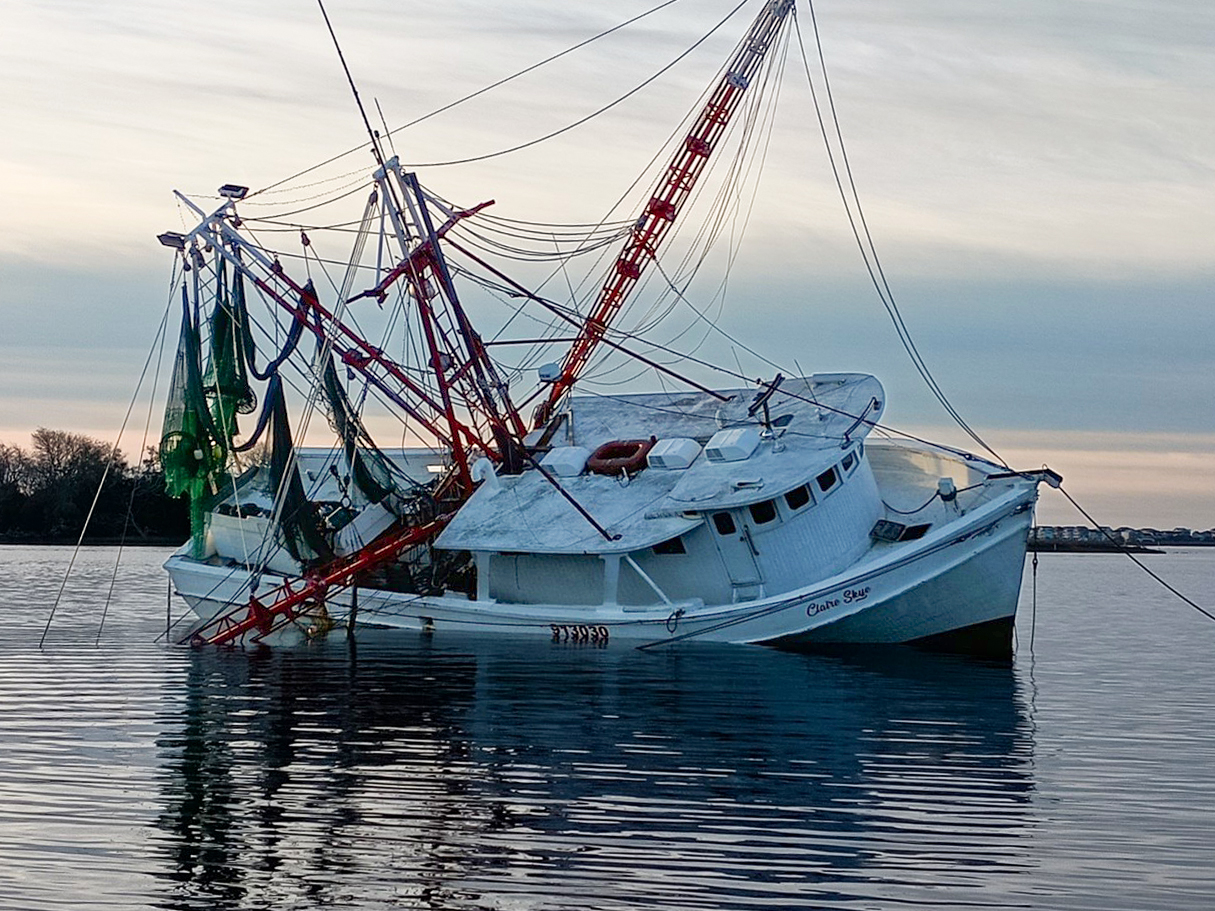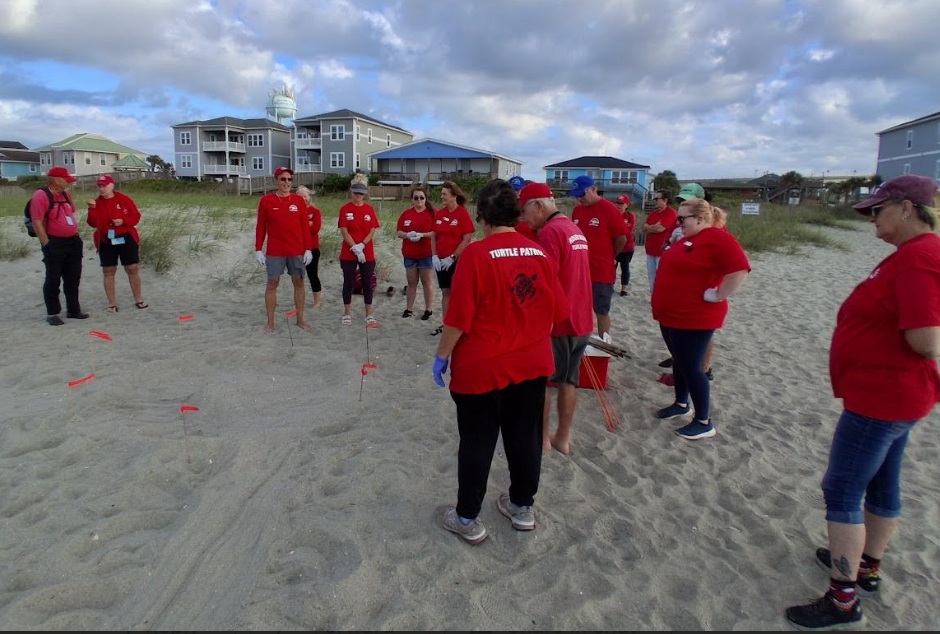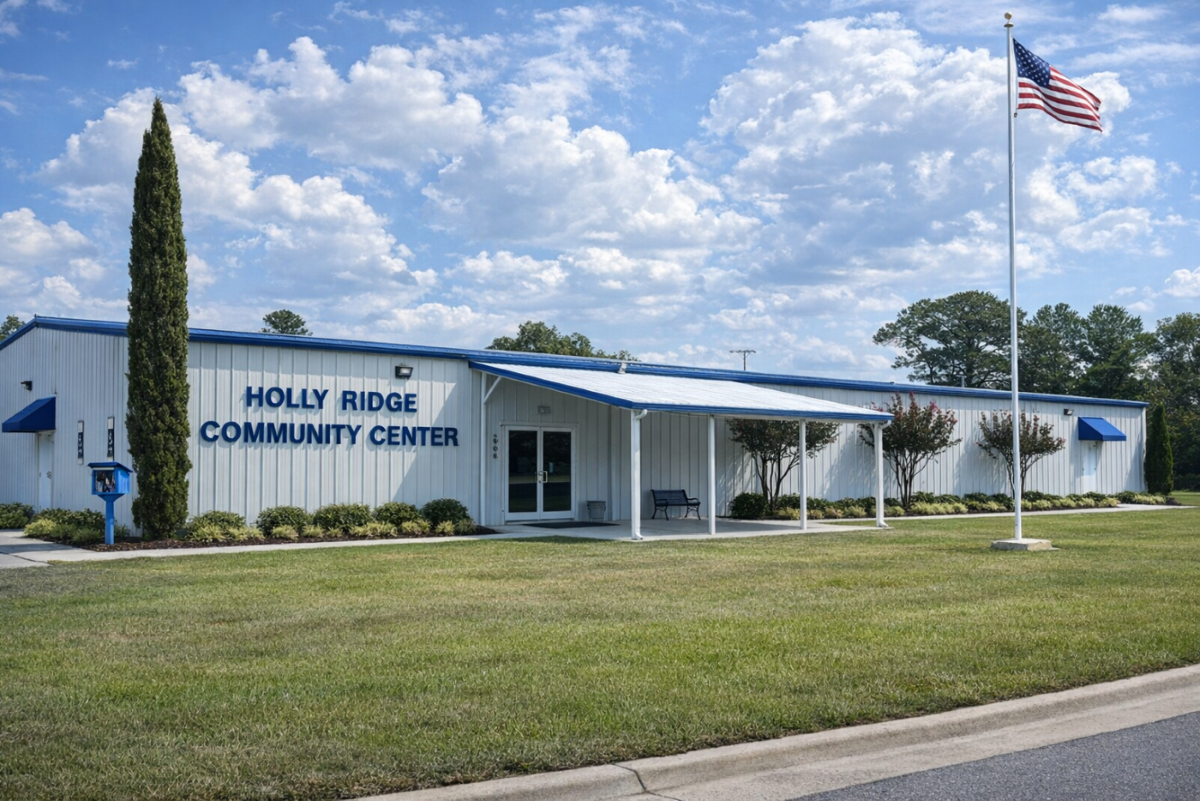
Chemours has been ordered by the state to further expand its drinking water well sampling in New Hanover, Brunswick, Pender and Columbus counties and to prioritize specific areas for immediate sampling.
The North Carolina Department of Environmental Quality is hosting a public meeting at 6 p.m. Monday at the Lumina Theatre on the University of North Carolina Wilmington campus to share sampling information and answer questions about well sampling in the Lower Cape Fear River area. Organizers suggest parking in Visitor Lot M, 4941, Riegel Road.
Supporter Spotlight
After its review of Chemours’ Interim Four Counties Sampling and Drinking Water Plan submitted April 1, North Carolina Department of Environmental Quality officials in a letter Monday wrote that the department collected additional groundwater data from the lower Cape Fear region showing the presence of a type of per- and polyfluoroalkyl substances, or PFAS, in a number of nonwater supply wells. The Cape Fear River is a drinking water source for area residents.
NCDEQ charged Chemours with updating the interim plan to incorporate the new data and taking the following additional steps:
- Prioritize the identification and expeditious sampling of private wells within one-quarter of a mile of public water distribution lines and sanitary sewer network.
- Prioritize the identification and expeditious sampling of private wells within one-quarter of a mile of the detections shown in monitoring data provided by NCDEQ.
- Provide a detailed description of the representative sampling methodology, including justification for any exclusionary criteria.
- Provide a timeline to expeditiously complete sampling in the four counties.
- Increase reporting on the sampling activities from quarterly to monthly.
The interim plan for sampling private wells and implementing mitigation measures in New Hanover, Brunswick, Columbus and Pender counties is in response to a Nov. 3, 2021, notice from NCDEQ about Chemours’ obligations under the the February 2019 consent order with the state and Cape Fear River Watch.
“As around the Chemours facility, the priority in the Lower Cape Fear counties is to identify impacted drinking water wells with these PFAS and to provide alternate drinking water as required by the Consent Order,” according to the May 2 letter.
Lisa Randall, Regional Communications Lead for Chemours, told Coastal Review Wednesday, “We look forward to continuing to work with NCDEQ regarding our downstream four-county sampling and drinking water program. In the interim, we are implementing the revised plan; reaching out to homeowners and others that are located within the targeted areas.”
Supporter Spotlight
Officials respond to public call for hearing
The Division of Water Resources says it will hold a hearing, as requested by the public, on the draft discharge permit for a proposed treatment system at the Chemours facility that officials say would substantially reduce PFAS entering the Cape Fear River through contaminated groundwater at the site.
A public comment period on the proposal ended May 2.
Division officials said details on the public hearing for the draft discharge permit are to be announced with the required 30-day public notice.
The National Pollutant Discharge Elimination System, or NPDES, wastewater permit is part of the required actions to prevent residual PFAS pollution from entering the Cape Fear River, outlined in the 2020 addendum to the 2019 consent order.
The consent order requires Chemours to address the contamination by installing an underground, barrier wall for more than a mile along the Cape Fear River. The proposed wall is to intercept contaminated groundwater from the facility before it reaches the river, where a series of extraction wells will pump the captured groundwater to a treatment system required to remove more than 99% of PFAS, according to NCDEQ.
“Regarding the Outfall 004 permit, we value the opportunity for the public meeting to address misperceptions that appear to exist, and to clarify the reductions in legacy PFAS reaching the Cape Fear River, which our work is addressing,” Randall said.
Chemours has also requested to modify an existing permit with the Army Corps of Engineers to build the barrier wall and treatment system. Public comment is being accepted until June 1.
Related: Chemours asks to build barrier wall to slow PFAS
Cape Fear Public Utility Authority submitted Monday comments to NCDEQ with concerns regarding the draft discharge permit “that would allow Chemours to discharge treated water mainly from wells at the site extracting groundwater with high levels of PFAS,” according to a release Tuesday.
“In March, NCDEQ announced it was accepting comments on a draft National Pollutant Discharge Elimination System (NPDES) wastewater permit that would allow Chemours to discharge as much as 2.9 million gallons per day of effluent containing certain levels of PFAS, including GenX, into the Cape Fear River,” CFPUA officials said.
‘Neighbors’ campaign
In recent months, Chemours has launched a campaign, Chemours Neighbors, committing to community involvement and investment.
The company has a petition on its Chemours Neighbors website asking for support of the draft discharge permit “to help build the wall and help improve the quality of life for our communities.”
Dana Sargent, executive director of Cape Fear River Watch, told Coastal Review Wednesday that Chemours is using the draft permit “to promote their ‘Good Neighbor’ nonsense — pretending they’re doing this out of the goodness of their hearts and leaving out that this wall and the reductions to groundwater contamination into the river is required by court order under the consent order.”
Chemours is asking people to sign the petition to support “their effort” to clean up the river by supporting DEQ’s draft permit. “They support the draft because it would allow them continue to dump more PFAS than the law requires into the river and drinking water supply for 500,000 people,” she said.
In January, Chemours issued the following statement about the campaign:
“Chemours has done a significant amount of work to reduce emissions and complete remediation activity at our Fayetteville site in the past four years. Messages in our ad campaign are meant to keep the public informed about the work we are doing — exactly the type of information our communities around the plant and downstream have asked us about.”
Information on the proposed treatment system, the reductions required by the consent order, and links to the draft permit documents are online.







